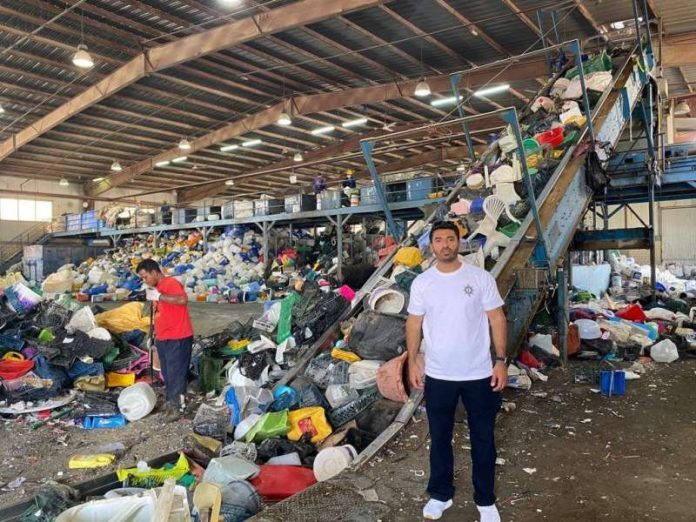The coordinator of the training programs at the Sabah Al-Ahmad Environmental Training Center at the Kuwait Society for Environmental Protection Nawaf Al-Mawil said the members’ visit to the “Our Environment” factory for recycling plastic waste of all kinds learned about the manufacturing cycle and the best ways to cooperate with the factory management to receive the “Green Schools” program in its twelfth season for the current academic year within the annual plan of the program.
Al-Mawil went on to say, “Because plastic is one of the most inexpensive and light materials that is formed in a variety of products that have wide uses, and are always within reach, includes the association’s endeavor, through its awareness programs, to reduce the consumption of plastic and to replace short-lived plastic that is disposed of within a year of manufacturing environmentally friendly and longer use alternatives.”
He pointed out that “a large part of the plastic produced each year is used in the manufacture of single-use packaging or other short-lived products that are disposed of within a year of manufacture, which means our current use of plastic is not sustainable and this knowledge helps to reduce the accumulation of large amounts of end-of-life as debris in landfills and in natural habitats around the world.”
He added: “Recycling is one of the most important measures currently available to reduce these impacts and represents one of the most dynamic areas in the plastics industry today and the use of biodegradable alternative materials.”
“While plastics have been recycled around the world since the 1970s, the recycled quantity varies geographically, according to the type of plastic and the application,” Nawaf al-Mawil explained.
He said that the recycling of packaging materials has expanded rapidly over the past decades in a number of countries.
He noted that advances in technologies and systems for collecting, sorting and reprocessing recyclable plastic create new opportunities for recycling, and with joint actions by the public, industry and governments, it may be possible to divert the majority of plastic waste from landfills to recycling.

















